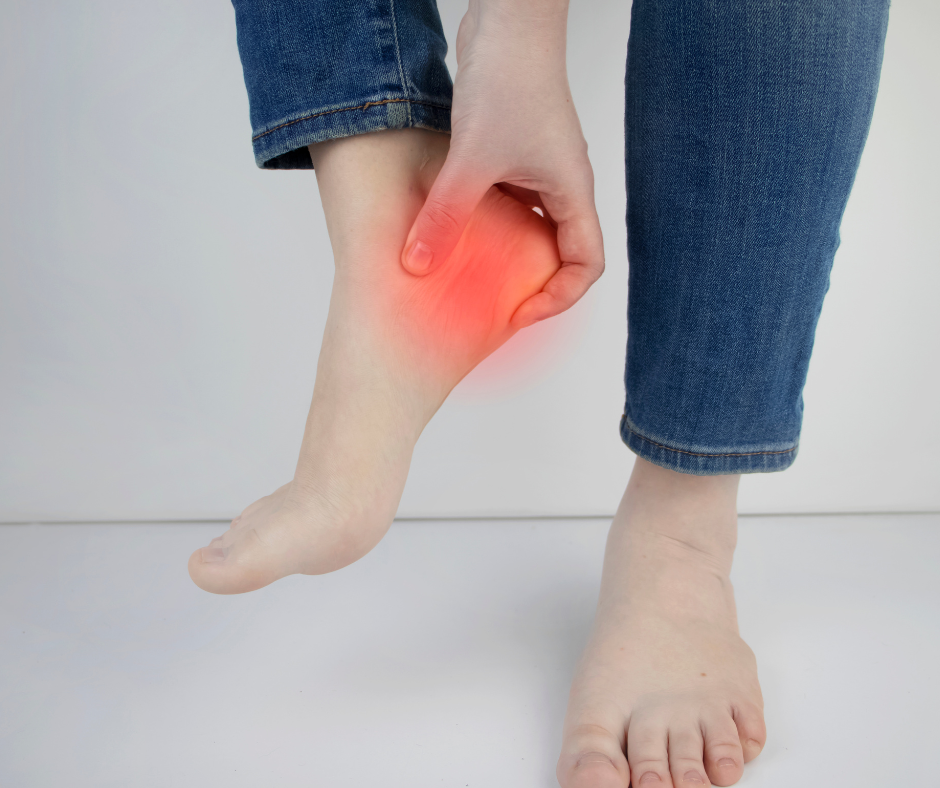
It’s a common foot disorder that can affect anyone, even professional golfers. Tiger Woods withdrew from the Masters Tournament this year due to reaggravating his plantar fasciitis. This condition affects one in 10 Americans, and it can be extremely painful. So in today’s post, Dr. Eric Ricefield, Dr. Mark Yagodich, Dr. Aliza V. Eisen, and Cassandra Stache, DPM of greater Philadelphia’s Your Next Step Foot and Ankle Care Center share what not to do if you suffer from plantar fasciitis.
The pain caused by this condition can be relieved by making simple lifestyle adjustments, such as icing, resting, and stretching the foot. But there are some missteps that can cause plantar fasciitis to get worse and slow your recovery. If you need relief from the pain of plantar fasciitis, here’s what not to do!
What is Plantar Fasciitis?
This condition is caused by inflammation in the tissue which connects the heel bone to the toes (the plantar fascia). This most often happens when there is high stress or tension placed on the foot. Most often, it is a result of increased physical activity, particularly in athletes. But other factors such as poorly fitting shoes, foot structure, carrying too much weight, and prolonged standing, can cause plantar fasciitis.
Most often, plantar fasciitis pain will begin progressively near the heel and worsen over time, particularly following intense activity or early in the morning. The pain is described as a stabbing sensation felt in the bottom of the foot.
3 Common Missteps During Treatment for Plantar Fasciitis
- Fighting through the pain. While you can push through some injuries without making symptoms worse, plantar fasciitis is not one of them. Foot pain from plantar fasciitis is probably a result of stress, and attempting to push through the pain will only cause more damage to the foot and more pain. This includes standing or sitting for prolonged periods.
- Obesity or unhealthy body weight. Being overweight or obese is linked to an elevated risk of plantar fasciitis. This is due to the fact that excess weight adds stress to the foot during the day. Maintaining your weight can be a crucial step toward relieving the pain associated with plantar fasciitis, especially if it impacts your mobility. But habits like low-stress exercises and a healthier diet can help you lose weight or keep it off during treatment.
- Not changing your shoes. Improper footwear is often linked to all types of foot injuries, including plantar fasciitis. When diagnosed with plantar fasciitis, we recommend switching to more supportive footwear. Ignoring this one basic step can disrupt your treatment, and you may be worsening your symptoms every day when you wear unsupportive footwear.
To learn more about plantar fasciitis treatment options or schedule a consultation, contact the team at Greater Philadelphia’s Your Next Step Foot and Ankle Care Center. You can click here to locate contact information for the office nearest you to book your appointment.
